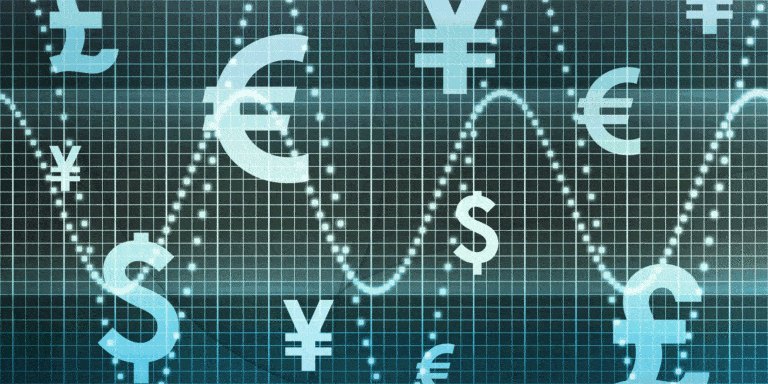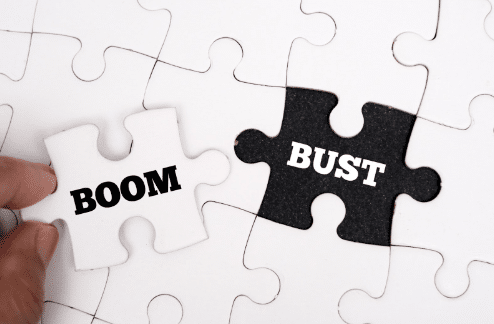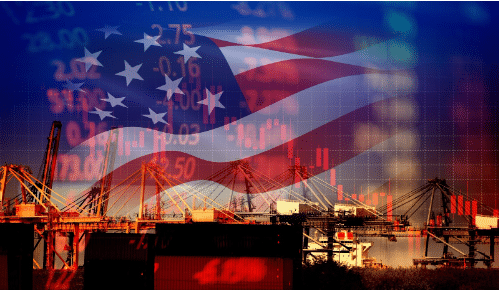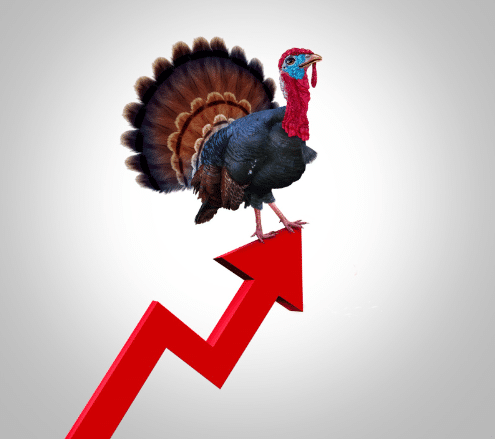
Five Big Banks Admit to Rigging the US Dollar and Euro
If you think that banks act in the best interest of their clients, you are in for a very unpleasant surprise.
Let’s begin with the most recent scandal. Just last month, five of the world’s largest banks plead guilty to criminal charges alleging that they had manipulated the US Dollar and Euro exchange rates. Among these five are two American banks--Citicorp and JPMorgan Chase & Co., working in collusion with Barclays, The Royal Bank of Scotland, and UBS.
All five have agreed to pay a figure collectively totalling $5.7 Billion in penalties.
With regard to this amount, it’s worth noting that in the US alone, these fines happen to constitute one of the largest, if not THE largest, antitrust penalties ever levied by federal authorities.
A flagrant violation of banking regulations and free-market ethics, this scheme had been going on for years.
It all started in December of 2007. A bunch of currency traders employed by the five multinational banks formed a private group whose members referred to themselves as “The Cartel.” To coordinate and execute their scheme, members would communicate with coded language via private electronic chatroom. Their primary object was to rig benchmark interest rates and fix both US Dollar and Euro prices and bids; something they had succeeded in doing on a regular basis for several years.
They tampered with the world’s largest market: foreign exchange, whose daily volume reached as high as $5.3 Trillion.
Tampering with a such a high volume market will have massive consequences. It will affect practically every sector of the global economy, harming consumers (including the banks’ customers), businesses, investors, and virtually any institution participating in international trade.
But these crimes also alert us to the existence of a banking culture whose blatant disregard for customers and market participants may be more of a systemic reality than just an isolated incident. As one Barclays trader wrote in an online chat line where their price-fixing scheme took place, “If you ain’t cheating, you ain’t trying.” Such a statement says it all.
Government dishes out light punishment which banks pass along to customers and shareholders, and the investing public rewards the banks. Doesn’t this describe a near-perfect criminal enterprise?
A month later, having agreed to pay fines for restitution, the low-level traders involved probably lost their jobs, nobody went to jail (especially not the bank executives), and 3 out of five banks (including both American banks) ended up with a larger market cap!
So despite their fraudulent and criminal actions, investors assessed their punitive fines as mere slaps on the wrist and decided to capitalize the banks even more.
Let’s rewind: the banks violated the trust of their clients, lined their pockets by manipulating currency markets--destroying price transparency and fair competition within those markets--and upon getting caught, the banks simply passed their fines along to their shareholders and customers while increasing their own market cap, possibly resulting in bigger executive pay?
If this type of banking can be considered “criminal,” it certainly seems to be the type of crime that practically begs to be continued.
And so it does, as it always had. Sadly, a large percentage of these infractions, though visible within the banking industry, have gone unnoticed within the public sphere. Take it from James Henry, a leading economist and attorney who served as Chief Economist at McKinsey & Co.
Henry researched 22 of the largest banks around the world, compiling a list of their criminal violations from 1998 to 2015. He found that there were a total of 255 felony offenses that included not only LIBOR and currency rigging but also money laundering, bribery, mortgage fraud, and wrongful foreclosures. These banks collectively paid $246 billion in fines, 650 separate fines in total.
There is no evidence to show that either strict regulations or punitive measures have had any effect in preventing or curtailing this type of criminal behavior.
From finger pointing aimed at individual rogue traders to the charging of institutions as a whole, save the executives who ran those institutions (as in the current case), such criminality begs the rhetorical question: are these just rogue instances that happen frequently within a sound banking system, or does the entire banking system, including its regulatory governance, create the conditions for such criminal behavior?
If this type of banking culture is indeed systemic--that is, a culture that seeks profit and advantage at the expense of transparency and fairness--it makes you wonder how deep such an infection has spread.
The financial market is crumbling and EVERYONE will be affected. Only those who know what's going on and PREPARE will survive... dare we say thrive. Our 7 Simple Action Items to Protect Your Bank Account will give you the tools you need to make informed decisions to protect yourself and the ones you love.










